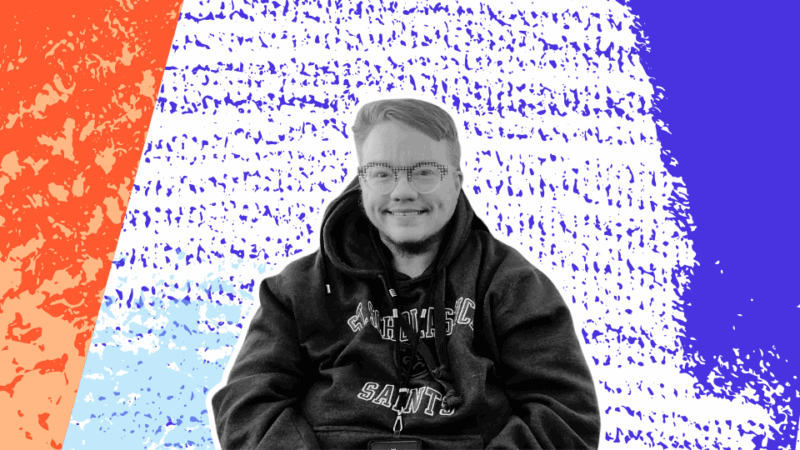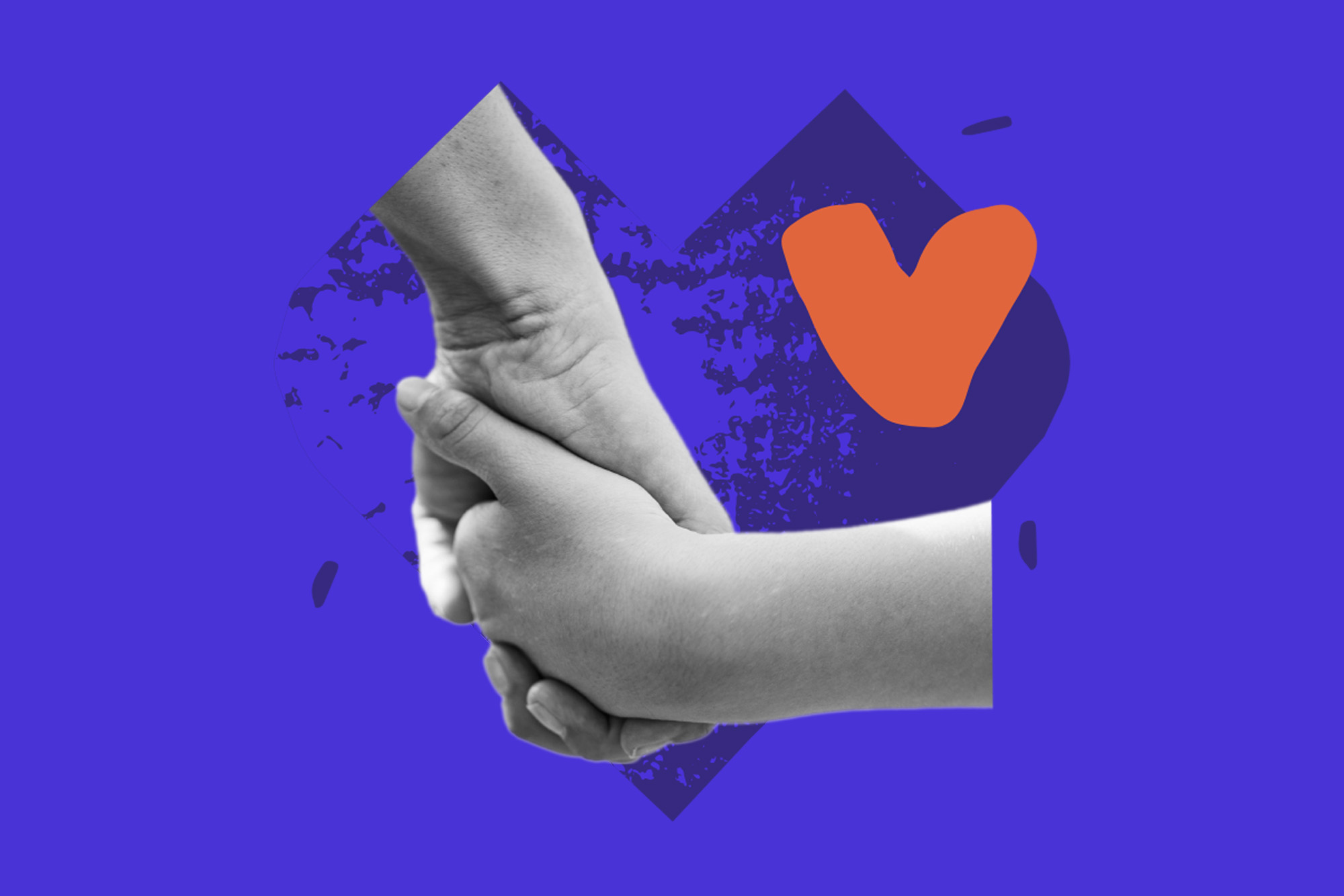Breaking Stigmas: One Man’s Journey Through Eating Disorder Recovery
Published July 22, 2025 | Last Updated July 31, 2025

As a 43 year-old man, Alexander doesn’t fit the stereotype many people still associate with eating disorders. “It could happen to anybody at any age,” he says. “It’s not discriminatory.”
His story is one of resilience, healing, and the barriers people rarely talk about: what happens when you finally find the right treatment, but you’re left wondering how to afford groceries, rent, or even who will care for your dog.
Through the support of WithAll’s Recovery Support Program, Alexander found a way to stay in treatment, meet basic needs, and begin healing his relationship with food and with himself.
Now, he’s using his experience to advocate for others, proving that recovery is possible. And that no one should have to choose between food and treatment.

Stigma and a Search for Support
For Alexander, the roots of his eating disorder were tangled in years of stigma and painful words from those closest to him. “I took a vacation with my family, and the whole time I was there, my mother commented on my weight,” he recalls.
“She told me the only reason I was in a wheelchair was because I’m fat. It really hurt.”
That message stuck. Soon, weight became the focus of his life. Diagnosed with an eating disorder in his late teens, Alexander first sought treatment during a time he describes as obsessive and isolating.
The toll on his body was devastating. He developed a heart condition that nearly ended his life.
Recovery didn’t come easily. “It took three tries of intensive day treatment to get it right and one residential stay,” he says. And even then, the barriers didn’t stop.
He had to keep paying rent at home while staying in treatment. He faced ongoing food insecurity once he transitioned to a less intensive program. And finding someone to care for his dog was another hurdle to get over. “I don’t think I would have been able to afford food, honestly,” he admits.
That’s when the WithAll Recovery Support Program stepped in. And made it possible to stay.
A Path Forward: Recovery, Stability, and New Purpose
The WithAll grant arrived when Alexander needed it most. “I was lucky enough to get chosen my second month in treatment,” he says.
“It allowed me to continue to stay in intensive treatment for the time necessary.” Without that support for groceries and remaining treatment costs, he likely would’ve had to leave early
“You can’t focus on recovery if you have to worry about where your next meal is coming from.”
Now, Alexander has graduated from college and is preparing for grad school. His heart condition is no longer a daily concern. He’s re-engaged with life in ways that once felt impossible.
“I’ve been able to be active without being excessive, and I eat a variety of foods again,” he shares. “I used to think even water wasn’t healthy. Now, I’m not afraid of food anymore.”
Alexander is using his journey to give back. He’s working to start a peer support group on his college campus and wants others to know that recovery isn’t always linear. But it is possible. “There’s no shame in needing help again.”
He also hopes the world sees the broader reality of eating disorders. “It could happen to anybody, at any age.” WithAll’s support helped Alexander reclaim his health, his future, and his voice.
If you believe in this kind of life-changing impact, we invite you to help make it possible for others. Explore ways to get involved, from donating to volunteering and beyond.
Together, we can help remove barriers and make recovery accessible for everyone who needs it.
Donate now to help someone stay in treatment. 80% of people with eating disorders can’t access care largely due to financial barriers, but WithAll’s Recovery Support Program helps cover essentials like food and housing. Just $18 can provide one day of groceries for someone in recovery.

